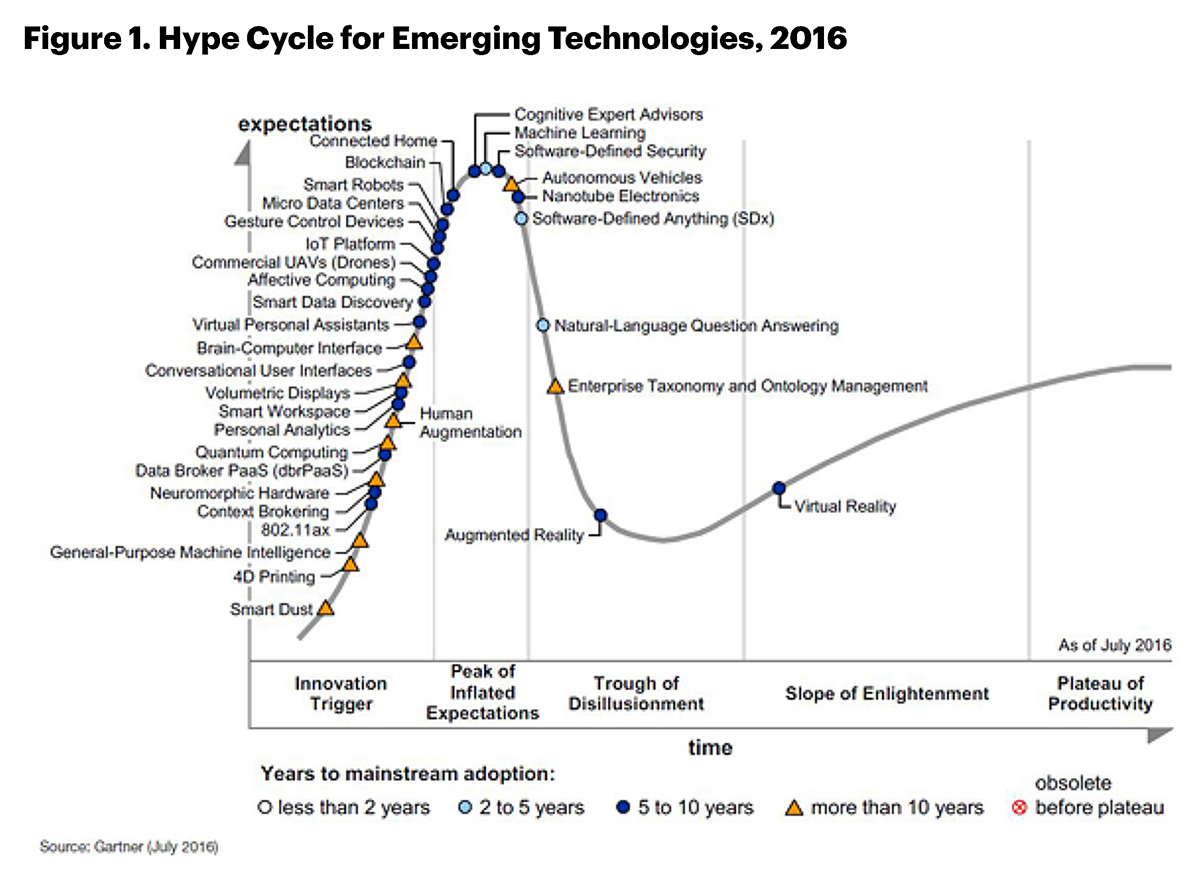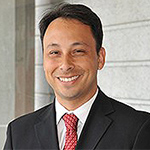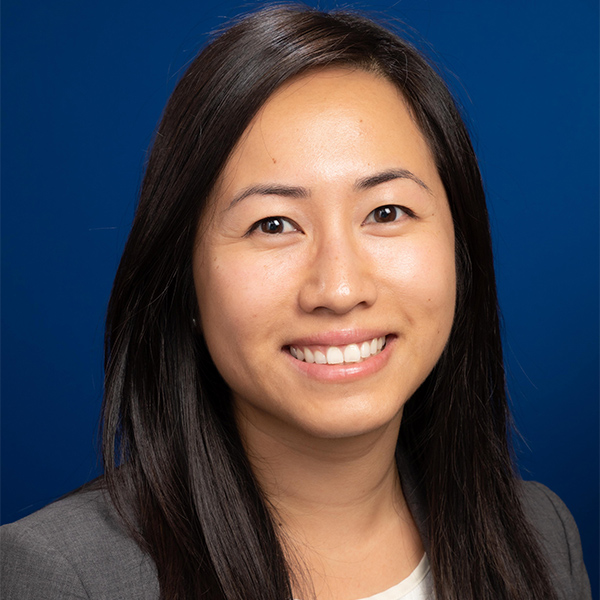ACC California Chapter – Fourth Annual Innovation and Technology Symposium

The ACC California Chapter, in partnership with the ACC Health Care Innovation Section, recently hosted its fourth annual Tech Symposium.
Held at the University of California San Francisco Mission Bay Conference Center, this event brought together academic and industry health care experts to discuss artificial intelligence and innovation.
The event was organized by Irving K. Loh, MD, FACC, chair of the ACC California Chapter Technology and Innovation Committee. This year's event was named a "colloquium," an academic meeting where specialists deliver addresses and then answer questions relating to them, in reference to Loh's time organizing conferences as a cardiology fellow at Cedars Sinai.
First panel of the day: hot topics incl if/how do patient emotions can be interpreted by AI, the complex relationship btw industry/AI startups and clinicians, physician scientists, as well as FDA regulation of AI med technologies #ACCInnovation @CaColloquium pic.twitter.com/dsbO9OJVrK
— CA ACC Innovation Colloquium (@CaColloquium) October 26, 2019
More information about the symposium and future events can be found at the ACC California Chapter or by following @CaColloquium on Twitter.
The event started with a discussion on artificial intelligence and machine learning with a keynote talk from Jonathan Chen, MD, PhD, assistant professor at Stanford University Center for Biomedical Informatics Research.
Speakers covered a number of topics exploring the role of artificial intelligence in cardiovascular clinical care, including hospitals of the future, electronic health records, drug development, echocardiography, arrhythmia detection and mobile patient health care.
Speakers engaged with each other and with conference attendees during panel discussion sessions, which also featured the use of Twitter as another way for attendees to ask questions.
During lunch, Dave Prakash, MD, vice president of clinical artificial intelligence at Anthem, delivered a keynote talk exploring how technology will affect future delivery of patient care.
The afternoon featured sessions on technology and social media, education, cardiovascular imaging, and structural heart disease.
A few recurring themes emerged from this year's Colloquium on Artificial Intelligence, Technology, Innovation and the Future of Cardiology:
Technological innovation and artificial intelligence will pervade virtually all aspects cardiovascular care. This includes the system itself (hospitals, health records and data, and education and training), the delivery of care (telehealth, smart documentation, augmenting imaging and rhythm interpretation), discovery (drug development), and patient care (wearables, clinical assessment and decision-making, and patient education). David Albert, MD, inventor and founder of the AliveCor smartphone ECG device, said during a panel session, "AI should stand for augmented intelligence, not artificial intelligence."
The time is ripe for digital innovation and artificial intelligence in cardiology with an explosion of technology companies entering the health care space, but beware the hype. Many speakers used the Gartner's hype cycle for emerging technologies graph (Figure 1) to show examples of technologies receiving too much hype. Technological ability, financial incentives, and unmet provider and clinical needs are now at an intersection; however, innovative technologies that claim to improve patient care must first pass rigorous standards of clinical research by physician-scientists.

Clinicians should not sit in the sidelines, but instead play a critical role in the development of innovative health technologies. We should also collaborate with data scientists, computer scientists, engineers and industry partners in order to most effectively drive innovation. Where can a cardiologist who wants to be involved in innovation start? The ACC Health Care Innovation Section is designed to facilitate community and career development in digital health for members who wish to develop a vision for the future of cardiology.



